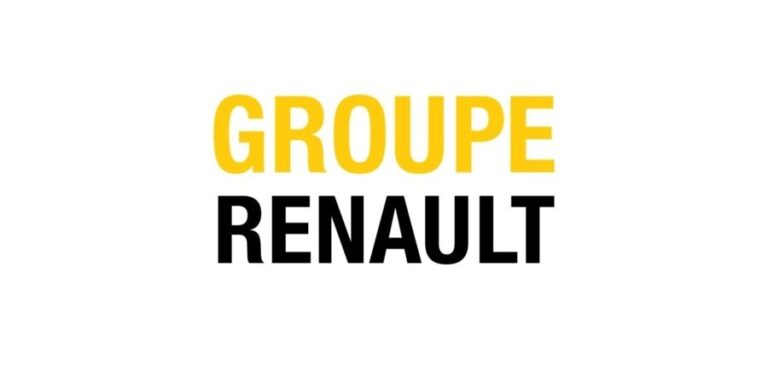Renault has announced two partnerships to produce batteries in France – with Nissan partner Envision AESC, and with Verkor, a startup specializing in the development of EV battery cells, based in Grenoble, France.
Envision AESC is to develop a gigafactory in Douai, with an annual capacity of 9GWh in 2024, with the goal of reaching a 24GWh capacity by 2030. The company will invest up to €2bn (US$2.38bn) to produce the latest in cost-competitive, low-carbon and safe batteries for electric models.
Envision AESC’s gigafactory will be located near Renault’s ElectriCity production sites at Douai, Maubeuge and Ruitz, creating 700 additional jobs in the Hauts-de-France region, and will enable Renault to improve the efficiency of its EV production chain. Envision AESC also forecast the creation of 2,500 new jobs by 2030.
The Douai gigafactory will support the production of low-carbon batteries as part of the European Green Deal objectives and the development of closed-loop recycling solutions for production waste and end-of-life batteries. Renault seeks to achieve carbon neutrality in Europe by 2040 and worldwide by 2050. The French OEM estimates that EV sales will make up 90% of brand sales by 2030.
“Envision Group’s mission is to be the net-zero technology partner of choice for global enterprises, governments and cities,” said Lei Zhang, founder and chief executive officer of Envision Group. “We are therefore delighted that Renault Group chose Envision AESC batteries for its next generation of EVs. Investing to build a new gigafactory in northern France, we aim to support the net-zero carbon transition by making high performance, longer range batteries and EVs affordable and accessible for millions more motorists.
“This first phase development will unlock future large-scale investment to grow the local supply chain and develop the whole lifecycle opportunities of batteries, including energy storage, battery reuse, smart charging and closed-loop recycling. It has the potential to create thousands of new high-value green jobs as part of an end-to-end battery ecosystem in the region.”
Furthermore, Renault has signed a memorandum of understanding to become a shareholder of Verkor with a stake of over 20% in the company. It also plans to join the consortium that was created around the French startup in 2020 with the aim of tackling digitalization challenges, decarbonization, and the strengthening of French and European industries within the sector.
Together, Renault and Verkor will look to develop a high-performance battery suitable for the C and higher segments of the Renault range, alongside its Alpine models. To start with, the duo will arrange financing of an R&D facility and a pilot line for battery cell and module prototyping, and production in France, beginning as soon as 2022. After this, Verkor will build its first gigafactory for high-performance batteries in France, with an initial capacity of 10GWh for Renault by 2026, with the goal of 20 GWh by 2030.
“We are proud to be associated with Renault Group and look forward to delivering on our common vision of making e-mobility widely available, through this partnership,” commented Benoit Lemaignan, CEO of Verkor. “This is a major deal which demonstrates our progress along our roadmap to generate up to 50 GWh of battery cell production capacity by 2030 — a cornerstone in developing a competitive, sovereign and sustainable battery supply chain in Europe.”


